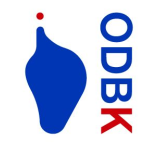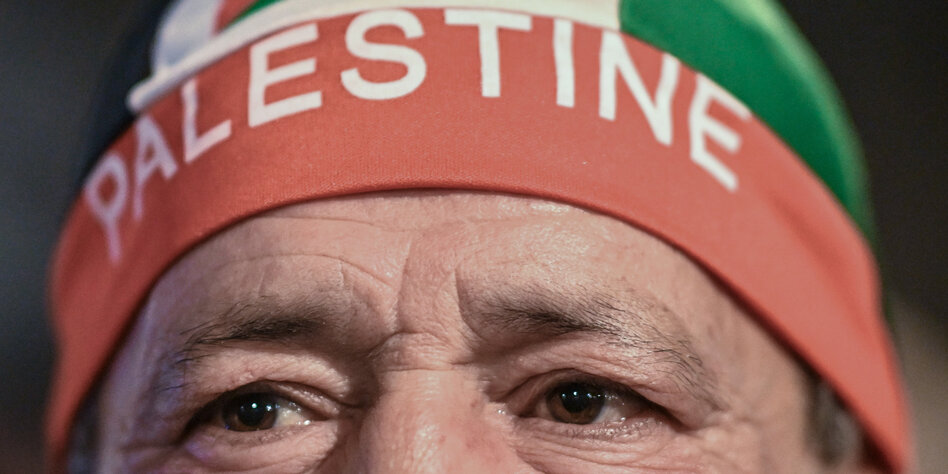by Sofia Reyes
In November 2023, a gallery in Berlin made the controversial decision to cancel photographer Raphael Malik’s art exhibition, intended to capture the lifestyle of the Muslim community in the city. The artist shared the rejection message on his Instagram, indicating that, due to the current political situation, they had decided not to showcase the work at that time. In addition, the organizers felt that the exhibition should also reflect the lifestyle of other communities such as the Jewish community.
This decision has sparked concern and scrutiny from various perspectives. Firstly, the exhibition had no political connection; it simply aimed to portray the lifestyle of a significant community in Berlin. This underscores that artistic freedom is entirely subjugated to geopolitical sensitivities, contradicting the European Agenda for Freedom of Artistic Expression. This agenda recognizes the human right to freedom of artistic expression under Article 19 of the International Covenant on Civil and Political Rights (ICCPR). While this article provides exceptions to protect the respect or reputation of others or for the protection of national security, public order, public health, or morals, none of these exceptions seem to apply in this case; rather, it appears to be an act closer to discrimination. As stated by Raphael Malik, “These scarves have a long tradition in the Middle East and are worn by many cultures, it is a symbol as well as a fashion statement”.
On the flip side, arguing that the exhibition excludes other communities takes a reductionist view of art. While promoting cultural diversity is crucial, it doesn’t mandate every show to cover every cultural facet. Art should steer clear of politicization; it ought to be a medium for diverse perspectives. Silencing artistic expression due to fear is regrettable; every community should have a voice despite current circumstances. The cancellation of an exhibition portraying Berlin’s Muslim life not only challenges artistic freedom but prompts reflection on balancing cultural sensitivity with art’s role in fostering genuine understanding.
The postponement of this exhibition makes us question the delicate balance between cultural sensitivity and the essential role of art in fostering understanding. The silenced voices of Muslim life in Berlin deserve to be heard, and decisions like these hinder the cultural richness that thrives on diversity, dialogue, and freedom of expression.

